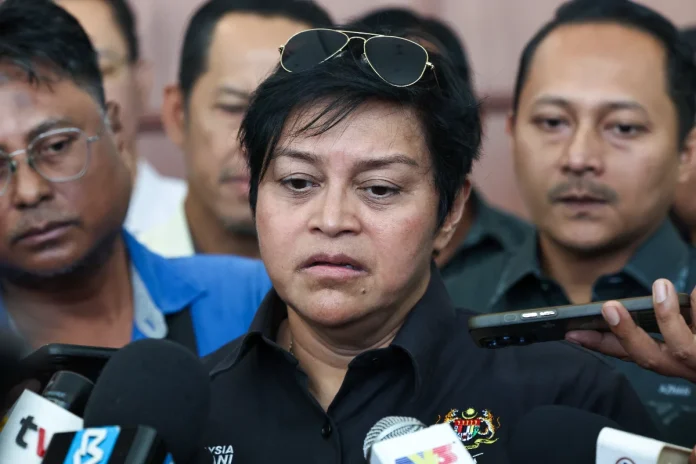Malaysia’s Anti-Bullying Bill will be tabled on December 1, featuring a comprehensive legal definition and child-friendly tribunal system.
KUALA LUMPUR: The Anti-Bullying Bill will be tabled for first reading in the Dewan Rakyat on December 1.
Minister in the Prime Minister’s Department (Law and Institutional Reform) Datuk Seri Azalina Othman Said confirmed the parliamentary schedule.
She said the proposed law received Cabinet approval on November 21 after presentation to the Parliamentary Select Committee on Women, Children and Community Development.
“The first reading is scheduled for Dec 1, 2025, and a detailed briefing will be given to Members of Parliament on the same day to explain the committee structure, the tribunal’s jurisdiction and the implementation mechanism,” she said in a written parliamentary reply.
Azalina was responding to Dr Kelvin Yii Lee Wuen (PH-Bandar Kuching) regarding government plans for new anti-bullying legislation.
The bill drafting involved comprehensive engagement through 12 town hall sessions in September and October 2025.
These sessions involved 300 to 400 participants including principals, teachers, Parent-Teacher Associations, agencies, pupils and tertiary students.
The legislation provides Malaysia’s first clear and comprehensive legal definition of bullying covering physical, verbal and online elements.
This standardised definition gives all quarters a consistent reference point for prevention, enforcement and rehabilitation.
Educational institutions will gain clear autonomy to use internal committees as the first line of prevention.
These committees will detect, manage and report bullying cases in a structured and integrated manner.
Unresolved cases will be referred to an Anti-Bullying Tribunal mandated to offer remedies including protection, counselling and rehabilitation.
The tribunal will operate through a non-adversarial, child-friendly process ensuring no victim lacks adequate protection.
The civil framework focuses on strengthening prevention mechanisms, victim protection and perpetrator rehabilitation.
The bill creates a legal framework emphasising restorative and inclusive elements for children’s emotional well-being and character development.
This approach aims to shape a generation upholding values of respect, courtesy and dignity.
Alternative dispute resolution methods including restorative mediation will be strengthened under the legislation.
Parents will play an essential role with both victims and perpetrators receiving long-term support.








